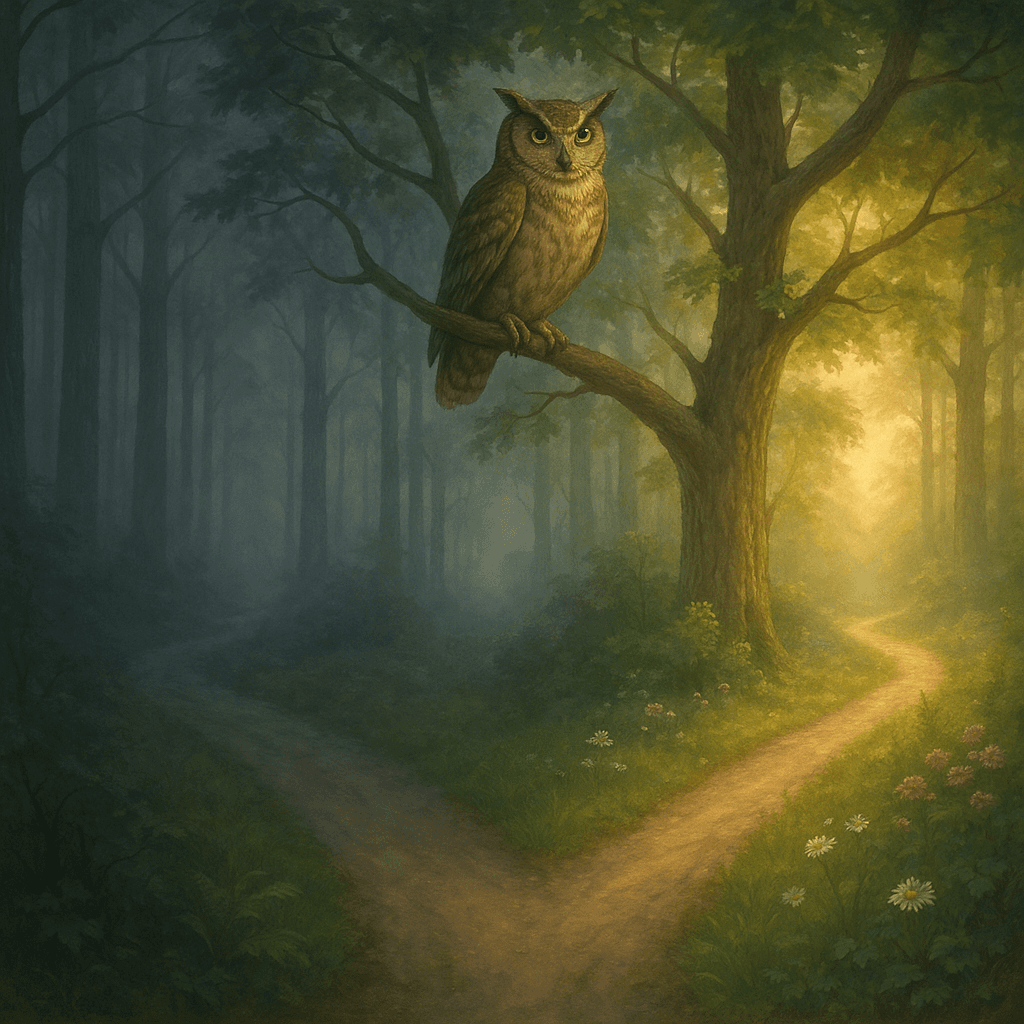Tracing Wisdom to Its Roots in Doubt

Doubt is the origin of wisdom. — René Descartes
—What lingers after this line?
One-minute reflection
What feeling does this quote bring up for you?
Descartes and the Method of Doubt
René Descartes, the philosopher behind the famous dictum ‘Cogito, ergo sum,’ placed profound emphasis on doubt as a pathway to knowledge. His Meditations on First Philosophy (1641) introduces the ‘method of doubt,’ in which he systematically questions all his beliefs to strip away uncertainties. This rigorous skepticism, rather than leading to despair, is portrayed as essential groundwork for building true understanding.
From Uncertainty to Enlightenment
Following Descartes’ blueprint, one sees how moments of uncertainty act as catalysts for deeper inquiry. Instead of fearing doubt, Descartes believed that confronting it head-on allows us to discard falsehoods and discover indubitable truths. This process mirrors the Socratic method, where Socrates, as depicted in Plato’s dialogues, routinely exposed contradictions to steer interlocutors toward genuine insight.
The Evolution of Critical Thinking
The impact of doubt extends beyond philosophy into the development of scientific reasoning. As the Enlightenment dawned, thinkers like Isaac Newton and Francis Bacon championed skepticism, insisting that ideas be tested and scrutinized. This culture of inquiry gave birth to the scientific method, illustrating that doubt fuels discovery by challenging dogma and habit.
Modern Psychology and Productive Doubt
Transitioning to contemporary times, psychologists now distinguish between paralyzing self-doubt and ‘productive doubt’—a mindset that invites learning and adaptability. Carol Dweck’s research on growth mindset (2006) demonstrates that those who question their assumptions tend to persevere and learn more. Thus, doubt becomes a tool for cultivating resilience as well as wisdom.
Embracing Doubt in Everyday Life
Ultimately, the value of doubt lies in its ability to prompt reflection and growth. Whether confronting new technologies or ethical dilemmas, individuals who, like Descartes, welcome doubt are better equipped to navigate uncertainty. In this way, doubt isn’t the enemy of wisdom—it is its cradle, nurturing understanding in an ever-changing world.